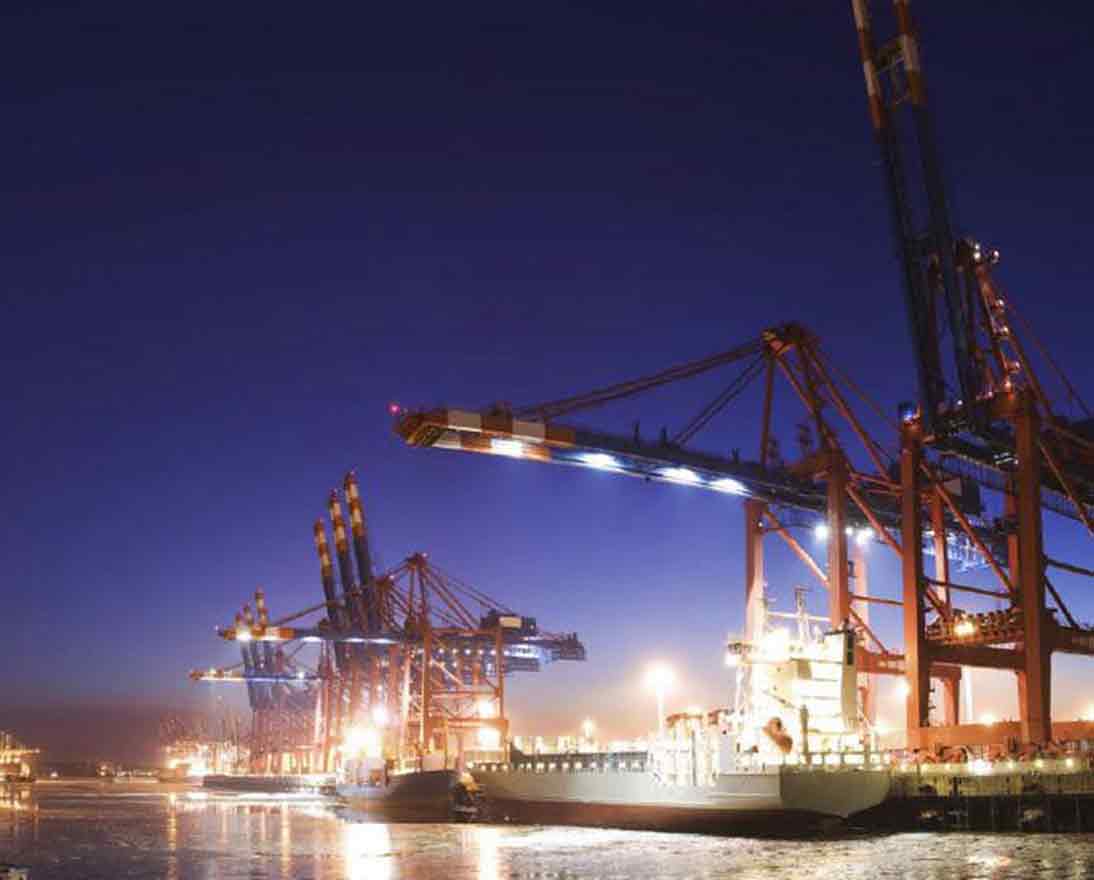Spotting the missing links in supply chain resilience
Global risksReportNovember 24, 2015
You’ve done everything to successfully get your product to market – but what if ‘your’ product turns out to be someone else’s?
Counterfeits – luxury goods, medicines, fire extinguishers, you-name-it – pose major dangers to consumers and businesses, and are only one of many ways a supply chain might be compromised, according to a new study by Zurich and SICPA, a Swiss-based international company specializing in security.
How to reduce the risk and get back on track, even if your supply chain is compromised are the subjects of the study that includes a 16-point checklist to allow companies to tailor their own solutions.
The study, based on extensive interviews with industry specialists and security experts, is more relevant now than ever; the increasing scale and scope of global supply chains opens lucrative doors to criminals, fraudsters and anyone else bent on compromising supply chain integrity.
Vast trade networks offer easy routes to those seeking to infiltrate supply hubs. The sheer volume of goods transiting the globe makes fiddling and tampering a highly profitable enterprise, encouraging organized crime to get involved.
Recent supply chain scandals underscore the lengths to which some perpetrators will go: for example, in China, adding melamine, an industrial chemical, to watered-down milk to illegally boost the protein content. The deadly fraud was only discovered when hospitals in China reported cases of mass poisoning.
'Blind spots' in big supply chains open the door to misdeeds, including a horsemeat scandal in Europe involving ‘sub-tier’ suppliers. Unbeknownst to consumer companies, these secondary suppliers were providing tainted meat to ‘trusted’ end-producers.
In the time you’ve taken to read this, criminals might have spotted a dozen weaknesses in your company’s supply chain. Or, perhaps a ‘dependable’ supplier has just reached out to a sub-supplier without your knowledge, saving costs and sacrificing product integrity. As the study points out, at any given time, somewhere, someone is up to no good and they’ve got their sights on your supply chain.

